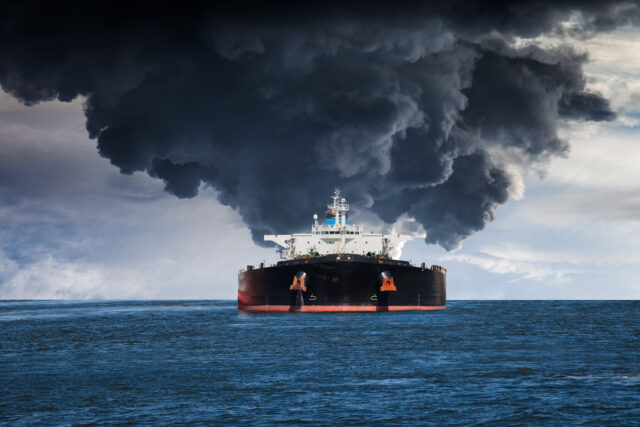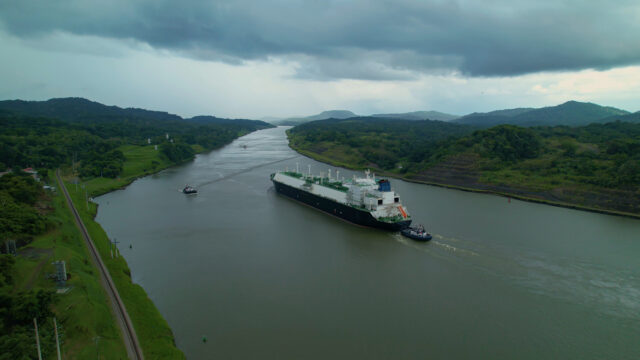The UK’s transition to renewable energy could be under threat, according to a new report commissioned by the government. The report, conducted by consultancy Baringa, highlights worsening supply chain constraints as a major obstacle to the country’s green energy goals.
Britain’s Energy Security Strategy under threat
Baringa’s report examines the state of the UK’s efforts to build renewables infrastructure in accordance with the British Energy Security Strategy. Announced in 2022, the Strategy lays out the UK government’s plan to balance fossil fuels extracted from the North Sea with nuclear and renewables. In addition to hydrogen—described by Boris Johnson as “a low carbon superfuel of the future”—as well as “Britain’s inexhaustible resources of wind”.
The Energy Security strategy aims to work in tandem with the government’s Net Zero strategy to reduce the UK’s dependence on oil and gas (especially imports). However, the Strategy admits that “accelerating the transition away from oil and gas then depends critically on how quickly we can roll out new renewables.”
Now, the Baringa report is calling attention to the supply chain challenges that could delay and disrupt efforts to build renewable energy infrastructure in the UK.
Supply chain challenges delaying the green transition
Baringa partner and report co-author Rob Gilbert, observes that achieving the government’s ambitions will “be very challenging without significant coordination across industry and Government to resolve supply chain constraints.”
These supply chain challenges take the form of shortages of both material and the skilled labour needed to build and install it. In particular, turbine foundations and high-voltage electricity cables, as well as ships to install them, are in short supply. Production capacity has reportedly lagged as a result of a lack of clarity from the government over turbine sizes. Gilbert notes that “while many turbine suppliers have announced investments in new factories, they face significant financial challenges across their offshore and onshore portfolios as a result of aggressive pricing, increasing input costs, and the shorter product lifecycles and reliability issues driven by market competition.”
Currently, the government is aiming to triple the UK’s offshore wind capacity to 50 gigawatts by 2030 and quadruple solar capacity to 75GW by 2035.
Solar power is reportedly under less threat of supply chain threat, although the report highlighted the fact that securing planning consent and grid connections presented challenges of their own.
All sectors, however, face significant skill constraints. Gilbert calls shortages of design and commissioning engineers, project managers, and installation technicians, “particularly acute.” He adds that “there is intense national and international competition for new and experienced hires with these skillsets.”
- Infrastructure & Cloud
- Sustainability











